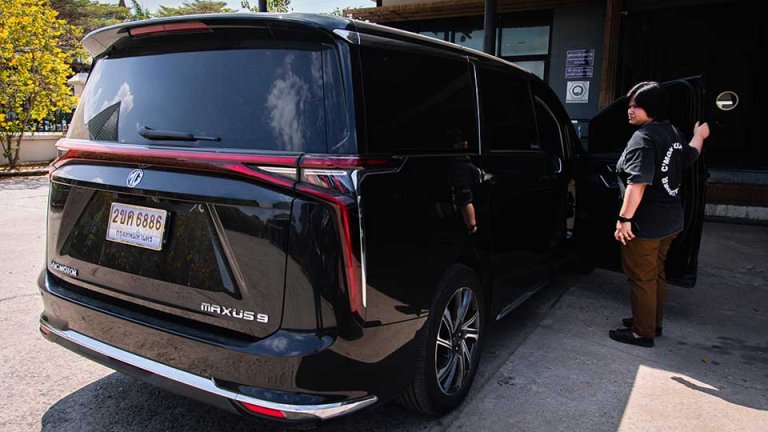As the world races to phase out fossil fuels and transition to cleaner energy sources, transportation—like many other industries—is reinventing itself with electrification. Tesla, the American auto company known for its high-end private cars, has for years been the most famous brand in the Western world for electric vehicles.
But in many other regions, like Southeast Asia, Tesla is often out of reach. Instead, the much-affordable Chinese electric cars like BYD, MG, Neta, and Great Wall Motor (GWM) are the craze.


In Thailand, where electric vehicle sales “shatter forecasts”, Chinese automakers have doubled their market share, beating their Japanese and South Korean counterparts. Most of these Chinese companies have committed to building production lines in the country and, as of October last year, have invested $1.44 billion in manufacturing plants.

Thais’ enthusiasm for Chinese EVs is among the highest in Southeast Asia. Affordability and whether the brands’ service centers are widespread across the nation are among the top considerations for Thai customers.
38-year-old Patcharapan Maneechote is one such customer. She is the proud owner of two of the most popular Chinese EV brands in Thailand: BYD and Chinese state-owned SAIC Motor’s MG. In February, CGSP visited Patcharapan’s home in Chachoengsao Province near Bangkok, where she showcased the shiny vehicles and her privately installed electric chargers.

“I drive a lot every day, and I used to spend so much money on gas every month,” Patcharapan said. “That is why I started to think about purchasing an electric car and decided to switch.”
Patcharapan, who uses her EV to get to her business in Bangkok, said she had considered a few American and South Korean brands but was deterred by the limited number of those brands’ service centers in Thailand. She preferred to purchase brands with more service centers and with long warranty periods.

For her first electric car, Patcharapan opted for BYD’s Atto 4. BYD boasts around 100 service centers across the country and offers customers like Patcharapan a warranty for up to eight years.
After a while, Patcharapan decided to get a second car for when she wanted to take her family on longer trips. She picked MG’s MAXUX 9 because of its spaciousness. With seven seats, the car allows her to take her entire family on vacation or travel during festive seasons.
BYD and MG are much cheaper than the American and Korean brands Patcharapan had considered. Although they are still more expensive than regular cars, Patcharapan said that not having to pay for gas offsets the costs.


BYD and MG also offer free chargers. Patcharapan now has two electric chargers installed at home without paying extra.
BYD first entered Thailand’s market in 2022, while MG, who has been in the country longer, first launched an EV model in the local market in 2019. BYD currently holds over 46% of Thailand’s EV market.
Although EVs have many advantages for Patcharapan as a user, there are some drawbacks as well. Patcharapan said that traveling to distant provinces now requires a lot more planning if she does not want to be stranded somewhere without electricity. Charging stations are still limited in Thailand. Even if you find one, there is a chance you have to wait in a queue.

“I have to check and find a lot of information for routes in distant provinces,” Patcharapan said. “Luckily, sometimes hotels and lodgings have charging stations available to EV customers,” she added.
But overall, Patcharapan is satisfied with her purchases. The number of charging stations is increasing, as well as the number of service centers in Thailand.
“It’s worth it, because the pros outweigh the cons,” Patcharapan said.
Wissarut Weerasopon is a photographer based in Bangkok, Thailand.




